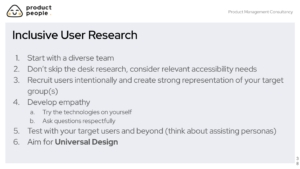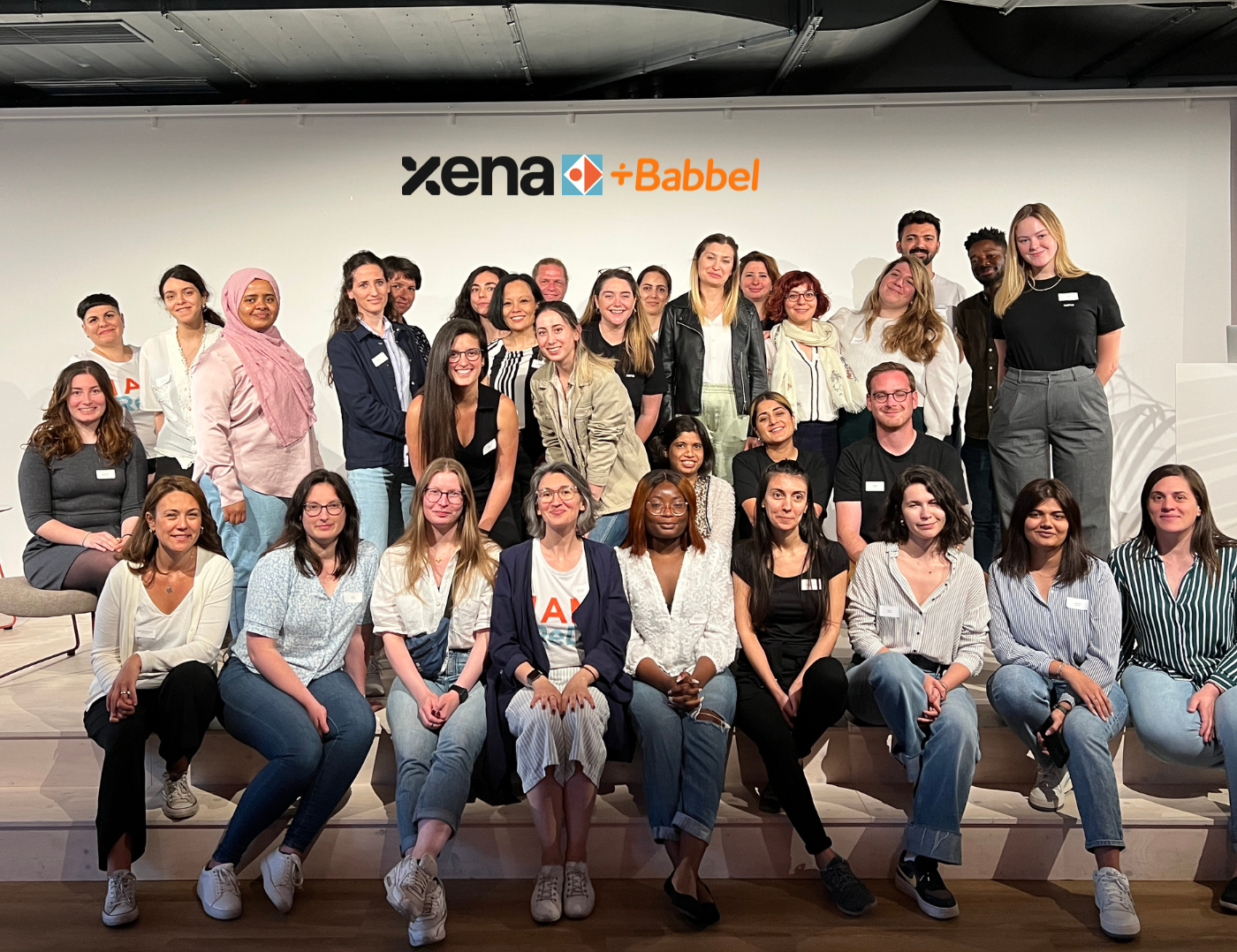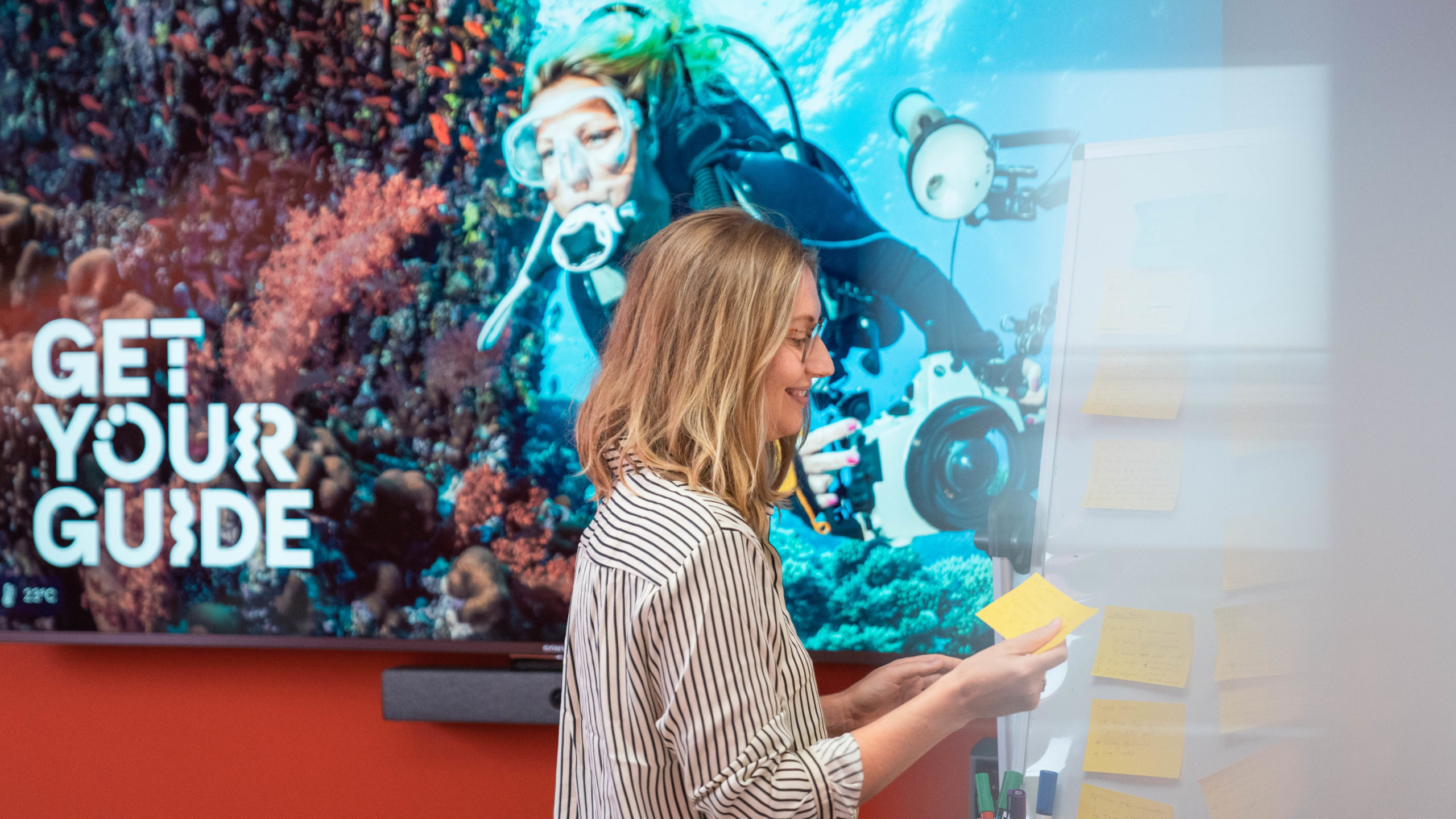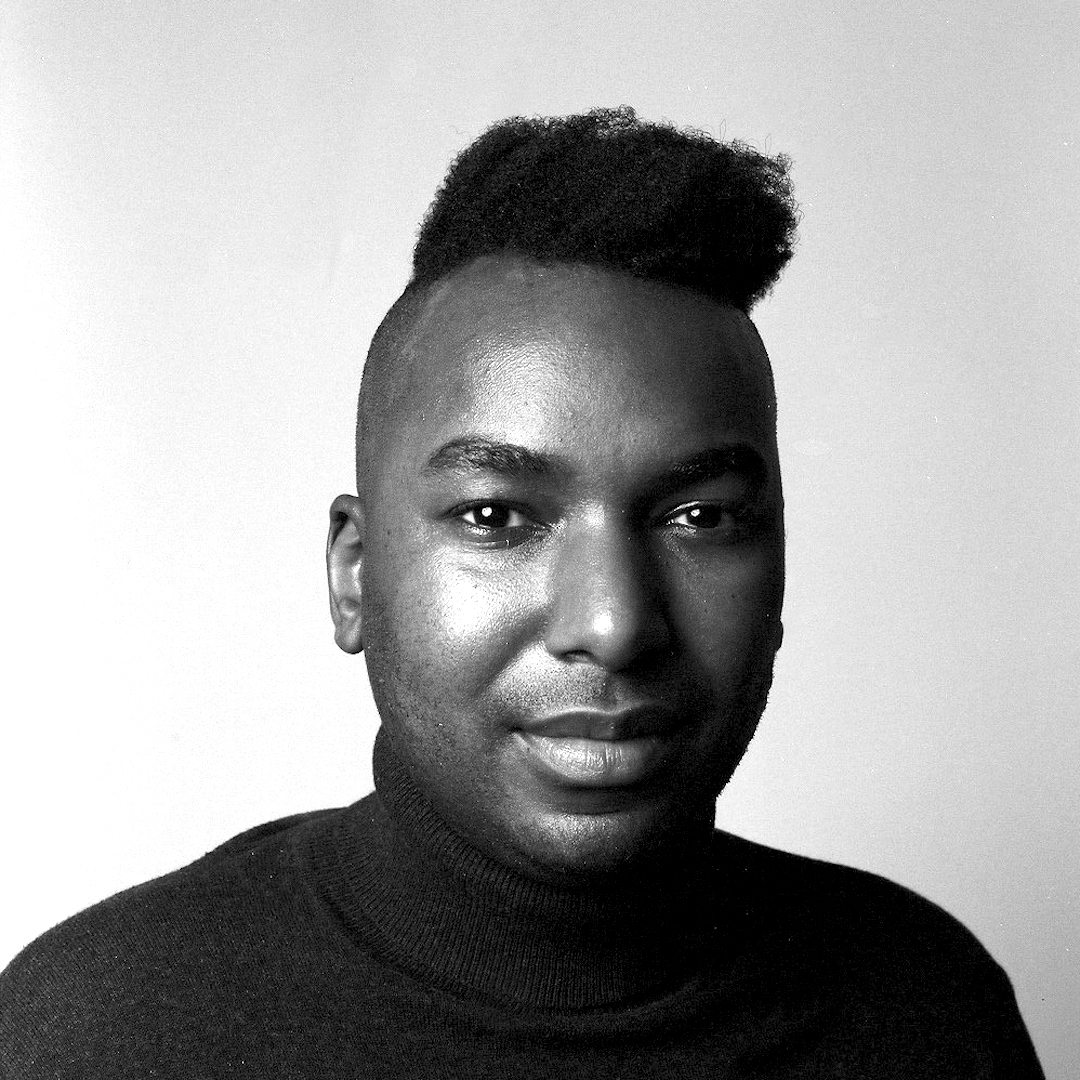4 min read
Building an Inclusive Roadmap
Insights from Dr. Viktoria Korzhova, VP at Product People
Xena Tech Summit 2024

Dr. Viktoria, is a Fractional CPO/VP of Product at Product People. She has a PhD in Neuroscience and 7+ years of Product & Project Management experience. She has worked with both B2B and B2C products in different industries including fintech, mobility, e-commerce, and more. Viktoria has experience leading multiple cross-functional teams to drive high-impact initiatives and growth Product Managers to become Product Leaders.
At our recent Xena Tech Summit, Dr. Viktoria delivered an insightful speech on the criticality of an inclusive roadmap and how it starts with the team. Korzhova’s expertise provided a valuable perspective on integrating diversity, equity, and inclusion (DEI) into product development strategies at our Product & Development Track.
Let’s find out why inclusive road mapping starts with your team.
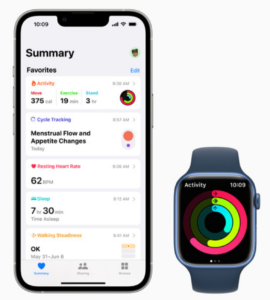
Inclusive Roadmap: A Business Imperative
Dr. Korzhova emphasised the business-critical nature of an inclusive roadmap.
Beyond ethical considerations, companies need to reach their addressable markets fully. By demonstrating an understanding of users’ diverse needs, businesses avoid self-sabotage and foster loyalty among customers who feel seen and valued.
A great example Viktoria shared was Apple Heath when it debuted in 2014: ” You can monitor all of your metrics that you’re most interested in.” – Senior VP of Software Engineering Craig Federighi told users. However, it took Apple another 8 months to release a period tracking feature.
Creating an Inclusive Roadmap: Key Steps
To build an inclusive roadmap, Dr. Korzhova outlined three crucial steps:
– Fostering an inclusive team
– Conducting inclusive user research
– Promoting inclusive collaboration
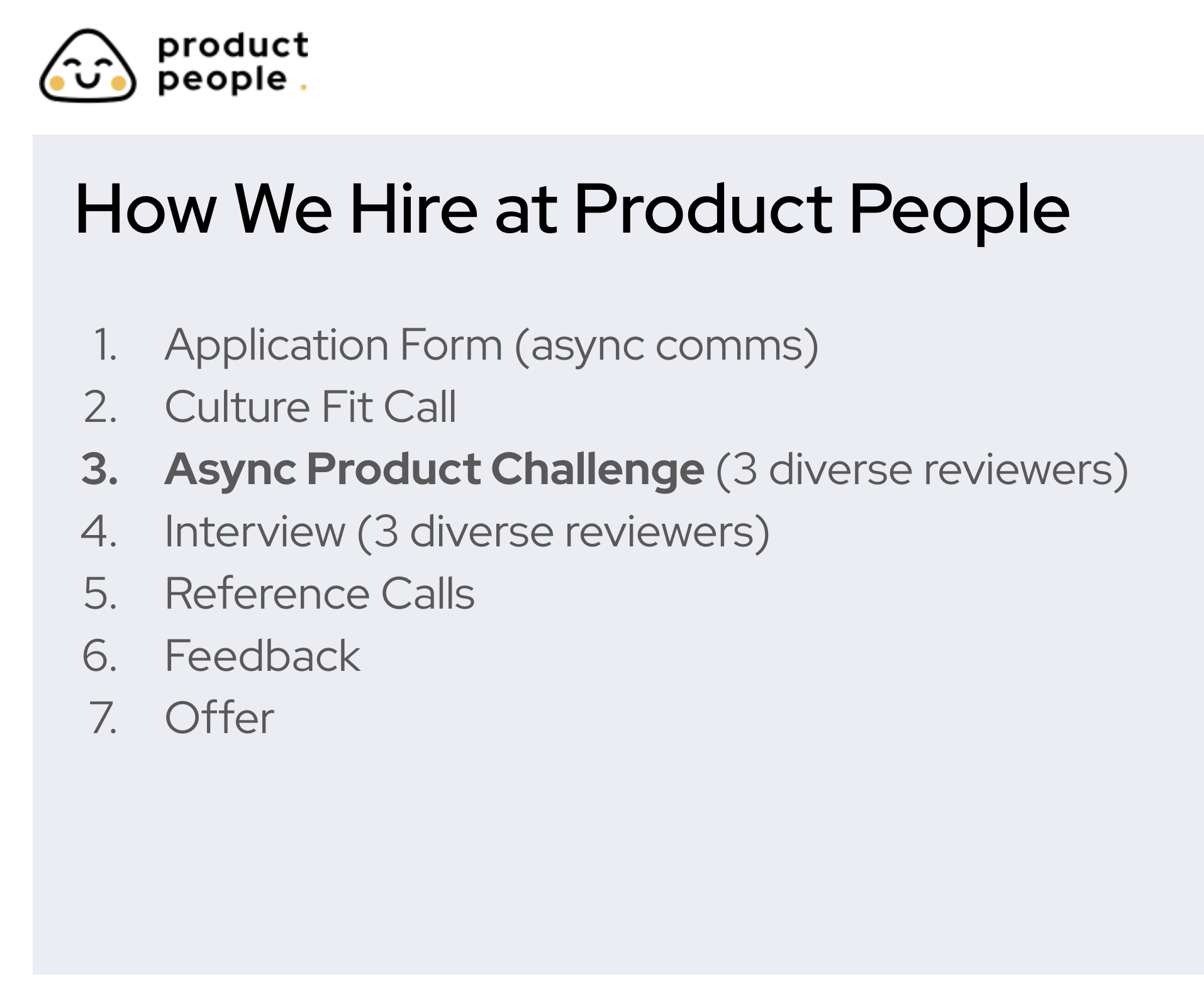 Cultural Diversity: Understanding Differences
Cultural Diversity: Understanding Differences
Viktoria highlighted the importance of understanding cultural differences within teams.
Factors such as communication styles, language fluency, attitudes towards hierarchy, and decision-making norms can create tension if not addressed.
Awareness and training on cultural competency and effective communication are vital for fostering a collaborative and inclusive environment. She provided Product People’s process (see right) as an example.
Collaboration in a Diverse Team
Ensuring accessibility of collaborative tools, offering schedule and location flexibility, promoting open communication, and providing training on cultural competency and unconscious bias are the key to success.
Dr. Korzhova discussed the challenges and solutions for collaboration in diverse teams, including accommodating different time zones and life commitments. Making sure to facilitate the space for each individual to take ownership of their time management will lead to more efficient teams.
Inclusive User Research: Empathy in Action
For inclusive user research, Dr. Korzhova provided practical tips, starting with forming a diverse team and intentionally recruiting users representative of target groups.
Viktoria emphasised the importance of empathy, suggesting that team members experience firsthand the challenges faced by users, such as using assistive technologies.
Universal design, which aims for products and environments usable by all, is a guiding principle for inclusive user research. Dr. Viktoria Korzhova’s speech underscored the importance of integrating diversity, equity, and inclusion into every stage of product development.
Want more? See Dr. Korzhova’s deck here
